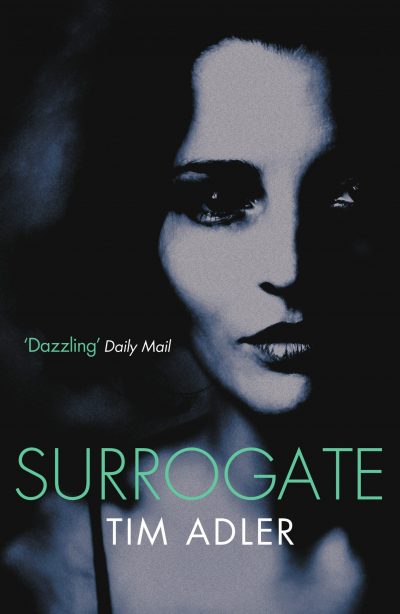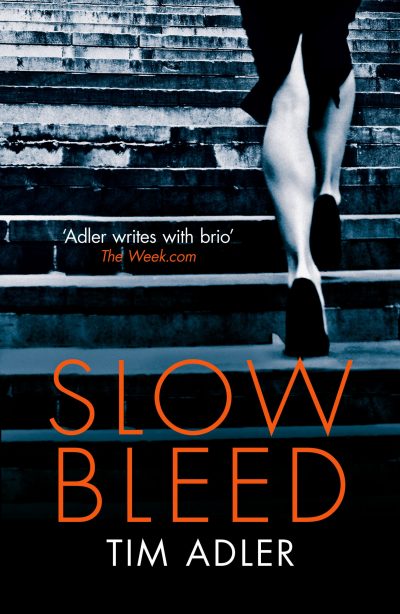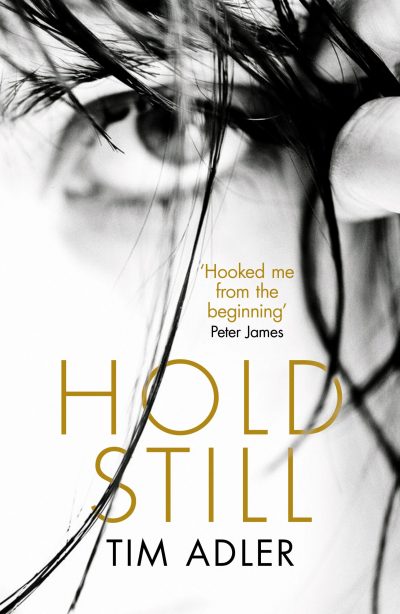 Tim Adler talks about what made him become a writer, and why he went down the indie publishing route
Tim Adler talks about what made him become a writer, and why he went down the indie publishing route
“…just as a paroxysm of nausea swept over him,” I finished, looking up from my exercise book. My schoolmates looked bored, and somebody flicked a chewed-over paper ball at me. Paroxysm. Not a word you hear used much in everyday language, but I’d read it somewhere and decided to shoehorn it that week’s chapter. My English teacher was thrilled though. Every Saturday I was persuaded to stand in front of my class and read the latest instalment of a serial adventure I was writing. One month it was Doctor Who, another it was my version of a James Bond yarn. No sex, just gadgets. Not that I needed any persuading. I loved storytelling. Being an only child, a lot of my time was spent drawing comics and poring over books while my idea of heaven was taking the bus to the local library and just trailing my hand along the shelves.
Eight years later. By now I am living in a squalid basement flat as a student, and submitting work to what were then known as little magazines, which published fiction by starting out writers. By this time I had left my chaste James Bond behind and was splicing together pornography to create surrealistic short stories – basically I was ripping off William S Burroughs (Pretentious? moi?) – but I truly believed that I was doing was very avant garde. My stuff was published alongside that of another writer who was starting out, Will Self. Of course Mr Self has gone on to a fabulous career as a novelist, comedy show panellist and TV celebrity.
By now, having worked among other things as a hospital porter, warehouseman and dishwasher, it dawned on me that if I liked writing so much I might as well get paid for it. So I enrolled at journalism school. It will give you some idea of how puffed up I was with my own pretentiousness that during my first role-playing exercise on interviewing technique, my teacher and I sat in awkward silence until he gently pointed out that I was meant to be interviewing him, not the other way round.
I got a shock on coming out of journalism school to find there were no jobs. My low point came during a job interview for editorial assistant on Dogs Today magazine. “How do you feel about judging doggy dieting competitions?” the editor asked. “Love ‘em,” I said, nodding as enthusiastically as a dashboard toy. I still didn’t get the job.
I did end up getting a position on a local newspaper, just like generations of hacks before me, and then graduated to working on a trade magazine. For years I had been obsessed with the movies. At the time the British film industry was healthy enough to support two competing trade magazines. The one I got a job on would now be known as “the challenger brand” and these were happy-go-lucky days travelling round the world covering film festivals and markets. Asked what attracted him to the movie business, one producer told me, “I wanted the circus life” and that pretty much summed up my attitude too. We saw ourselves as pirates, even if at times our newsroom did have all the morale of a Klingon warship. I remember once sitting in a Moscow hotel room banging out copy watching the snow fall outside my window and practically hugging myself with happineess because I knew I was exactly where I should be.
Methuen published my first book The Producers: Money, Movies and Who Really Calls the Shots, which argued that if some film directors could be auteurs the same could be said of movie producers too. (Pretentious? Moi?) Bloomsbury published its follow-up, Hollywood and the Mob, a history of how the Mafia has corrupted Hollywood, three years later. The Mail on Sunday made that one its Book of the Week, while it was Critic’s Choice in the Daily Mail.
However discovering how Mafia dons cozied up to Hollywood was nowhere near as dangerous as tangling with the subject of my next book: Vanessa Redgrave. Having written what I felt was a warm and accurate family portrait of the Redgrave acting dynasty, I found myself in a claustrophobic and expensive legal correspondence with dear Vanessa. The Redgraves blocked publication of the book I had spent four years working on. And booksellers behaved like the housekeeper in Tom and Jerry whenever she sees a mouse. Although in the end Vanessa called off her attack dog libel lawyers – “Quite a victory for free speech,” my lawyer observed — it made me vow never to write another biography unless the subject was dead and I had the family’s cooperation.
Next I decided to write a thriller.
I wanted my debut Slow Bleed to be a woman-in-jeopardy story, and the idea came to me of a female surgeon whose five-year-old son disappears inside the vast hospital she works in. Who has taken him? Why do they want Matthew? Slow Bleed pays homage to the kick-ass action movies I have enjoyed so much, and also the mystery thriller in which you have to solve the mystery of somebody’s disappearance such as The Lady Vanishes.
Finding a home for Slow Bleed though proved tricky. We are in an age where publishers are making increasingly large bets on a decreasing number of titles. Agents and publishers want to push all the chips onto this season’s must-read, whether it’s The Girl With the Dragon Tattoo, Gone Girl or, this year, I Am Pilgrim. Slow Bleed came out exclusively on Kindle in March, and ironically the reviews have been better than some Big Name Authors.
Attending a recent crime writing convention though made me realise that there is a huge difference between the self-published minnows such as myself and the machines behind these top-flight writers, who arrive with an entourage of an agent, editor and publicists (note the plural).
Of course, I realise there were flaws in my first book Slow Bleed, which I have hoped to correct in its follow-up, Surrogate. The artist — or should I say craftsman — asks and answers thousands of questions about his or her work before anybody else even sees it. Which is why a dismissive review on Amazon – “Too long” – can be so hurtful … I mean, considering the hundreds of hours which go into writing a book, the financial rewards are risible.
So why do it?
The real reason why I write is to create something that’s as beautifully hand-crafted as I can make it, the way a cabinet maker takes pride in his handiwork.
We talk about “self-publishing” when really we should be calling it “artisan publishing” in much the same way as a perfumer makes a few bottles of a sublime scent rather than hundreds of gallons of synthetic perfume in vats. As one crime blogger said to me, self-publishing frees an author’s individual voice to emerge rather than being kneaded by the corporate machine.
What the Big Five do offer though is visibility, and without those posters on the Tube your self-published title, no matter how good, is just another e-book drowning in the Sea of Kindle.
First published on rachelabbottwriter.com on July 16 2014
Main photo © Wendell (CC BY-ND 2.0)



